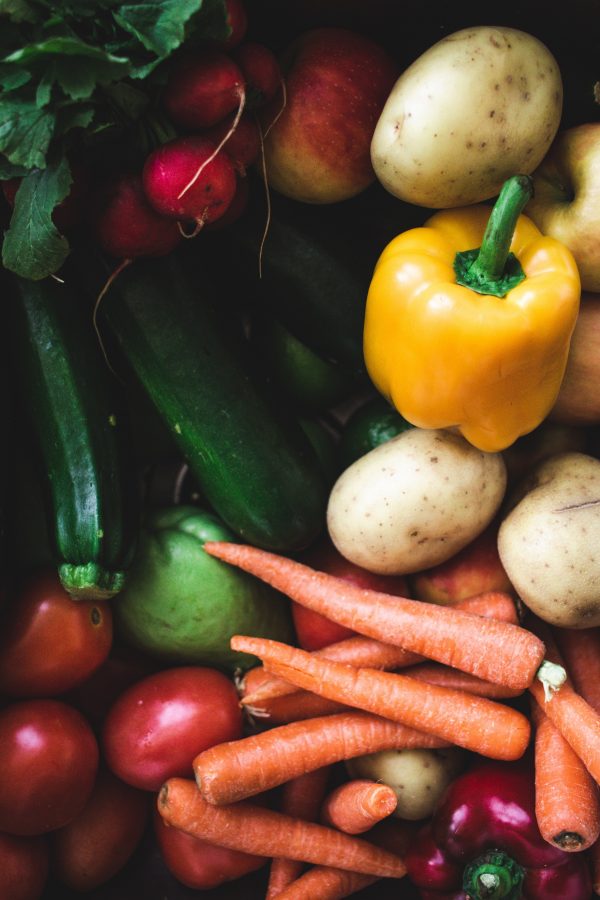Research project A food basket comparison of the environmental impact of various agricultural production systems

General introduction
To what extent does life cycle assessment (LCA) as a methodology have advantages or shortcomings when used to determine environmental sustainability of food products? The food basket LCA project answers this research question, paying special attention to the variety of agricultural production systems and practices from which the food product can originate. The question then is: if we distinguish between different possible production systems, do we find (with an LCA or an improved version of the methodology) a significant effect on, or a positive contribution to, the environmental sustainability of the food product? Both negative and positive contributions should become visible, and thus be taken into account in the LCA calculations. The insights gained should reveal opportunities for (further) research. This study was commissioned by the Flemish Department of the Environment.
Research approach
We explore the literature and apply the LCA method in order to (1) identify the shortcomings and opportunities for (further) research of the LCA method in determining the environmental sustainability of food, and (2) calculate the environmental sustainability of a food basket composed of a fixed assortment of Belgian products, but which originates from a different agricultural production system or using specific agricultural techniques. In the practical part, we perform a classical impact assessment that quantifies the negative contribution, and work out an adapted method as an extension to this with integration of the possibly-positive contribution in the form of the ecosystem services provided.
Relevance/Valorization
At the conclusion of the project, interesting conclusions are: The researchers show that an objective and correct assessment of the environmental sustainability of food products needs an appropriate assessment method that captures environmental benefits in addition to environmental costs. A classic life cycle analysis only assesses the negative impact on the environment and is insufficiently capable of making a nuanced distinction in the environmental sustainability of food products, taking into account the diversity of agricultural production systems and practices. The classical method can be strengthened by consistently collecting quantitative data on agricultural production with special attention to less-conventional production practices. Targeted measurement campaigns to establish adjusted emission factors to quantify direct on-farm emissions with specific attention to non-conventional production modes and mitigation practices can also strengthen the classical method. Finally, more accuracy can also be expected through better elaboration of the toxicity issue and integration of impacts on biodiversity. Despite these concrete steps, classical life cycle analysis does not take into account the positive contributions due to food production in its evaluation. The proposed method of combining classical LCA with ecosystem services analysis does succeed in this and is therefore able to provide a more nuanced picture of the environmental sustainability of food products.
